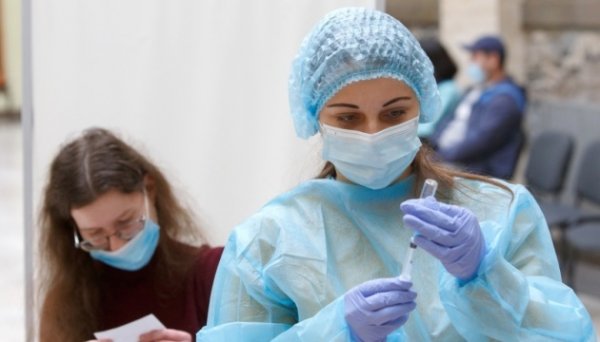
In Ukraine there are 65 thousand doses of rabies vaccine.
This was reported on the website of the Ministry of Health (MOH), reports Ukrinform.
«Currently, all regions are supplied with rabies vaccine, it is free of charge for patients. As of early February, this is more than 50 thousand doses of vaccines, another 15 thousand doses are stored at the country level and will be distributed in the coming weeks,” the statement says. contact with or have been bitten by animals with rabies, animals suspected of having rabies, or unknown animals. Subsequent revaccination is carried out according to the therapeutic and prophylactic immunization scheme.
Typically, the vaccination schedule consists of 5 vaccinations: day 0 (the day you see the doctor), and then on the third, seventh, fourteenth and twenty-eighth days. The rabies vaccine prevents the disease in 96-99% of cases. It is effective when starting the course no later than the 14th day from the moment of the bite or salivation.
Routine immunoprophylaxis is carried out for persons at risk of rabies. These include workers of veterinary laboratories, clinics and other laboratories working with street rabies virus, hunters, foresters, veterinary medicine specialists, slaughterhouse workers, taxidermists; persons performing work on catching and keeping stray animals; employees of animal shelters.
Persons from risk groups, after starting preventive vaccinations, should receive booster vaccinations according to the instructions for use of the vaccine.
A person or animal can get rabies if they are bitten, scratched, or drool on damaged skin by an infected animal. Rabies is not transmitted through the blood or urine of animals. All mammals can get rabies, so bats, foxes, dogs, cats, hedgehogs, squirrels, rodents and other fauna can potentially have rabies. It can be either a wild or domestic animal, if it has not been vaccinated.
To prevent rabies among pets, owners must vaccinate all pets annually, starting at 3 months of age. To vaccinate the animal, you must contact the veterinary medicine hospitals of the State Food and Consumer Service.
If an animal is bitten or scratched or its saliva gets on the skin or mucous membranes, you must: thoroughly (at least 10-15 minutes) rinse the affected area with running water and soap; treat the edges of the wound or scratch with an antiseptic or alcohol solution and apply an aseptic bandage; if the wound is bleeding heavily or it is arterial bleeding, call an ambulance; Seek medical help as soon as possible to vaccinate with an anti-rabies vaccine if necessary. scratches, donkeys by animals, carry out primary treatment, prescribe and carry out a course of rabies vaccinations if necessary.
Rabies is a viral disease that has the highest mortality rate of all infectious diseases for humans. The rabies virus affects the central nervous system and, after the appearance of symptoms without timely treatment, becomes incurable – 100% of sick people die.